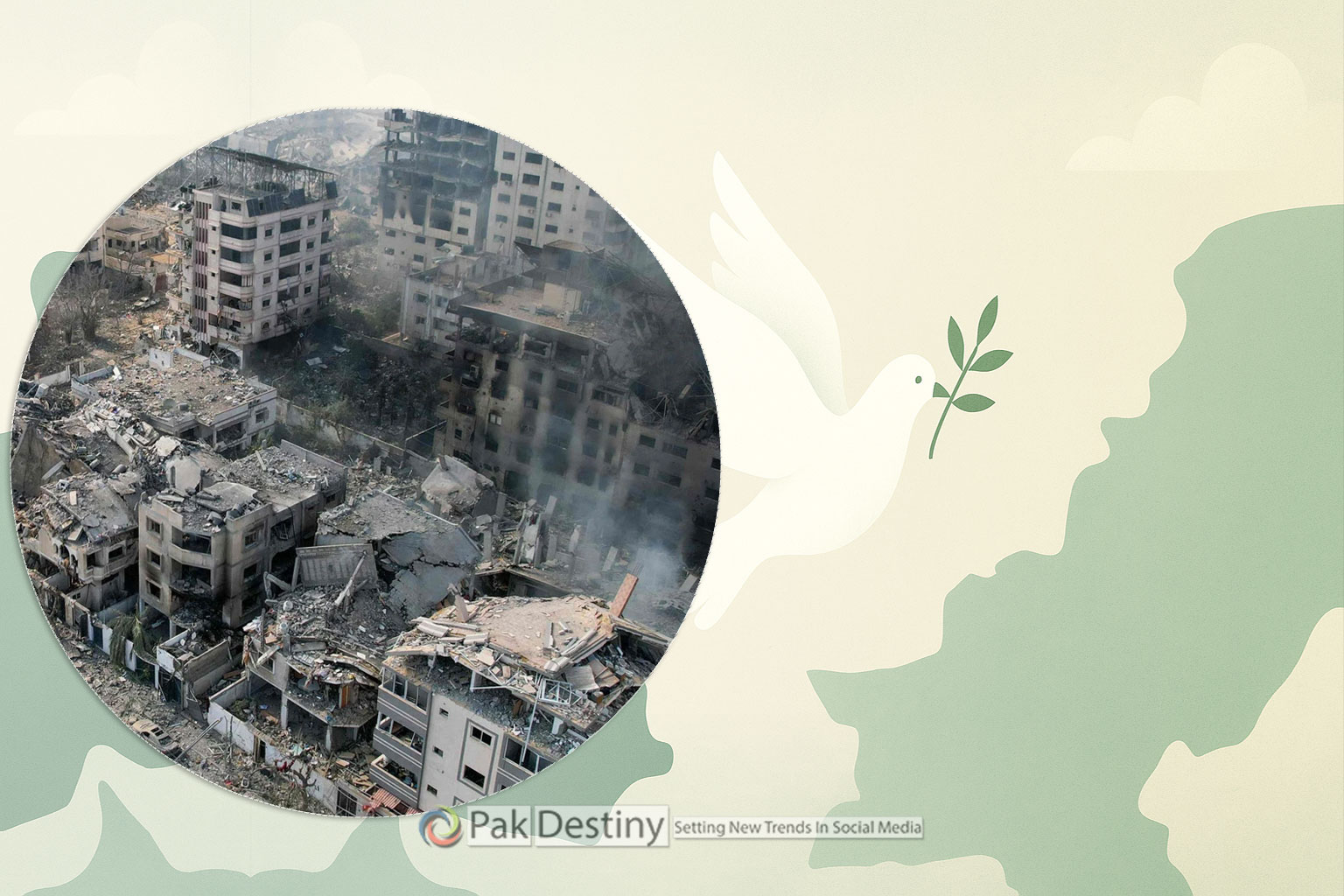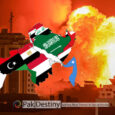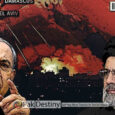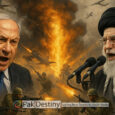
By Irum Saleem
“When it comes to sensitive foreign issues involving Pakistan, there is a need to project a coherent narrative clear of contradictions. With regard to the possible deployment of Pakistani troops as part of the International Stabilisation Force in occupied Gaza, mixed messages from official quarters have added to the confusion, and allowed inimical actors to manufacture unverified claims regarding this country’s future role in the Strip,” Dawn says.
Take the case of comments reportedly made by Parliamentary Secretary for Information and Broadcasting Danyal Chaudhry. Talking to a local TV channel, Mr Chaudhry said Pakistan’s role in Gaza would be to ensure “there is no extremism” or cross-border attacks.
By this, we assume he means no more attacks from occupied Palestinian territory into Israel. Asked if the foreign troops’ mission would include the disarmament of Hamas, he replied: “absolutely”. The remarks have drawn criticism from Defence Minister Khawaja Asif, who questioned the statements his colleague made.
“Indeed, Mr Chaudhry’s troubling comments seem to suggest that Pakistan is considering the Gaza mission not to protect the Strip’s Palestinian population and ensure rehabilitation and reconstruction, but to enforce the US-Israeli plan for the territory. We hope this is not the case. But it is a fact that hostile actors are using such unguarded comments to construct dubious narratives,” it says.
For example, an Indian TV channel had reported that Pakistan had removed the restriction that the green passport was valid for all countries except Israel, along with specifying the number of troops this country had allegedly committed to the Gaza mission. The information ministry said these foreign reports were fabricated. However, unless there is a coherent, unified official narrative, conspiracy theories and half-truths will spread regarding Pakistan’s role due to the state’s confused messaging.
To prevent the spread of inaccuracies regarding Pakistan’s role, only the Foreign Office should be mandated to speak on the Palestine issue and other matters of import in global affairs. This would eliminate chances of contradictory messages being issued by officials. Regarding the actual mission in Gaza, there needs to be a parliamentary debate to bring clarity to the matter.
“Pakistani officials have repeatedly said the national policy on Palestine remains unchanged, and that this country stands with the Palestinian people. The message should be amplified by parliament, with a clear mandate regarding what role, if any, Pakistan forces will play in Gaza. If the aim is to protect Palestinian civilians from Israeli brutality, bring in aid and help rebuild the devastated Strip, then Pakistan can consider participation,” Dawn writes.
However, if there are some other considerations, such as enforcing American and Israeli plans to dismantle the Palestinian resistance, and relegating the question of an independent Palestinian state to the back-burner, Pakistan should stay away from such schemes.






